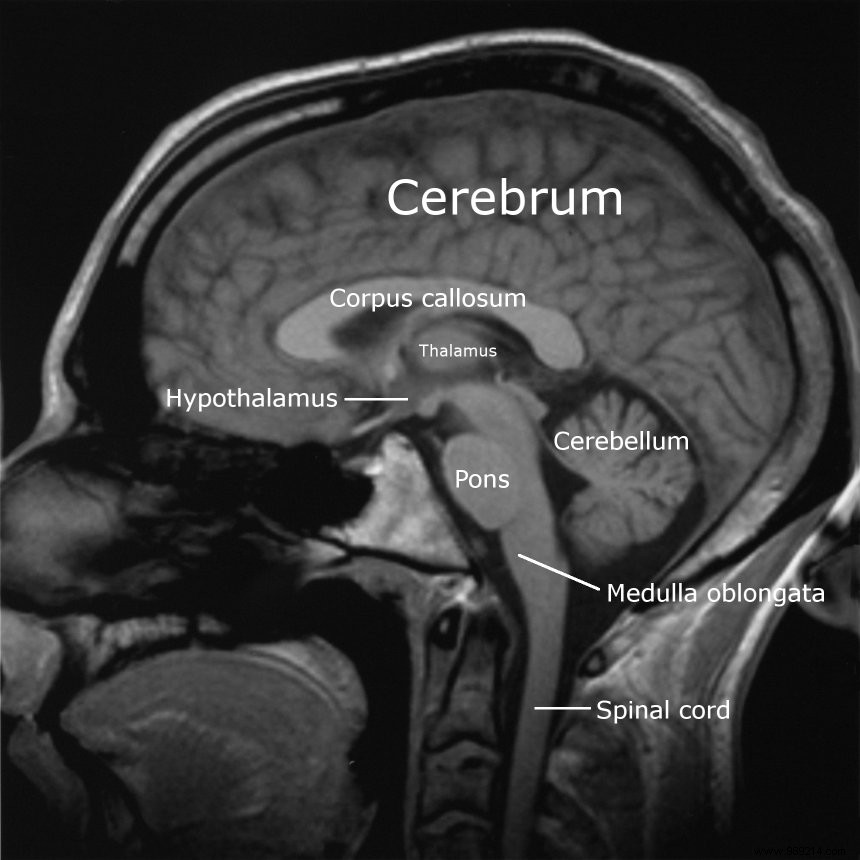A groundbreaking study from Georgia State University has zeroed in on the hypothalamus—the brain's master regulator of hunger, stress, and sleep-wake cycles. Researchers discovered that excess salt surprisingly impairs blood flow in this vital area, with potential implications for health.
Active neurons in the brain demand oxygen and glucose, supplied via increased blood flow in perfect sync with their needs. This neurovascular coupling is well-documented in the cerebral cortex (gray matter). Now, experts at Georgia State University have extended this research to the hypothalamus. Their findings, published in Cell Reports on November 2, 2021, reveal unexpected dynamics.
The hypothalamus, an almond-sized structure in the brain's ventral region, governs the autonomic nervous system, hormone release, and essential behaviors like thermoregulation, stress response, hunger, circadian rhythms, and reproduction.

In the hypothalamus's supraoptic nucleus, neurons primarily secrete vasopressin, a key hormone for balancing blood salt levels. Logically, high salt might boost blood flow to fuel these neurons. Yet, the study observed the reverse.
Excess blood salt triggers vasodilation—widening blood vessels—but dramatically slows flow, causing localized hypoxia (oxygen shortage) in cells.
Lead researcher Javier Stern, PhD, a renowned neuroscientist, notes that salty meals elevate sodium levels for hours. Hypoxia may enhance neurons' resilience to prolonged salt exposure, sustaining activity. These insights could illuminate salt-driven hypertension mechanisms.